USDA Pork Inspectors Speak out: “People are going to eat sh*t”
The agency’s new inspection model is a threat to food safety, federal whistleblowers allege. [p][/p]
If you preferred not to know what’s in your ham, bacon and Spam before, you’re really not going to want to know now.
The USDA is piloting a new pork inspection program that features sped-up lines and a reduction in government inspectors — and its own inspectors are now speaking out publicly in condemnation of it.
The Government Accountability Project released affidavits Friday from three USDA inspectors working in plants running the pilot program, known as HIMP, as well as from a fourth, Joe Ferguson, who retired last year after 23 years with the agency. All voice concerns about the public health implications of increasing line speeds, which adhere closely to the criticisms from outside parties. The gist, in the words of one anonymous inspector: “There aren’t enough eyes on the line to monitor carcasses coming by at such high speed.”
The whistleblowers allege, moreover, that the pilot program gives too much regulatory control to the industry. The new model replaces USDA line inspectors with plant employees, who, they say, lack both the adequate training to spot defects and signs of contamination and the legal safeguards that would allow them to freely speak out about food safety problems. ”I have witnessed company employees personally condemn the plant’s products and then attempt to sneak the condemned carcasses past me when I turned away,” wrote one anonymous inspector. “The company threatens plant employees with terminations if they see them condemning too many carcasses or carcass parts.”
“It seems like the USDA is doing all it can to make sure the HIMP program succeeds in this plant,” the same inspector continued, “even if it means betraying consumers by hiding the truth about their food.”
But amidst reports of missed abscesses, lesions, hairs and toenails, it’s one moment in the affidavit from “USDA Hog Inspector #2″ that stands out. Describing their first days working for the USDA’s Food Safety Inspection Service, the inspector recalls being told by an older colleague: “It’s not whether or not people are going to eat shit — they are. It’s just how much.”
RELATED ARTICLE: U.S. Pork Plant Program Draws Criticism: Hormel Petition[p][/p]
“I really think that is the story right there,” Ted Genoways, who spent four years investigating pork producer Hormel Foods for his book, The Chain, told Salon. “The USDA has taken the position that people don’t care if there’s shit in their food. And I think that people do care. I think they care about that kind of contamination, and about the potential health consequences. And I think that hearing from the inspectors themselves — that that is the attitude, that’s what they’re being told as they’re being trained — hopefully, that more powerfully conveys the message to consumers that their interests are not being protected.”
The controversy surrounding the new pork inspection program is a redux of the criticism that plagued the USDA’s revamped rules for poultry, which the agency finalized in August. While they did not ultimately end up increasing line speeds, the agency went forward with the plan to replace USDA inspectors with plant employees despite concerns raised by GAP, the Government Accountability Office, and others.
“We had multiple poultry whistleblowers speaking out against this, and the USDA still didn’t heed its own employees,” Amanda Hitt, the director of GAP’s Food Integrity Campaign, told Salon. So this time, GAP is targeting the industry instead: they launched a Change.org petition asking Hormel Foods, which owns three out of the five plants currently using the pilot program, to reject the high-speed inspection model.
“It seems more and more from what we hear from inspectors that the fox is guarding the henhouse, in that the USDA is in fact working for the plants themselves,” Hitt said — the bet is that consumer pressure on the industry might be more a more effective way of bringing about change.
In response to the campaign, Hormel told Reuters that it found the pilot program “allows for more efficient and effective oversight.” The USDA concurred, adding that they have not yet decided whether or not they’ll expand the program.
But seeing as only about 20 USDA inspectors are currently working with the pork pilot program, Hitt and Genoways both pointed out that it’s hard to ignore the significance of four taking the risk of coming forward. And in a yet-to-be-released GAP survey, Hitt told Salon, other inspectors expressed concerns about the program as well. “Nobody thinks it’s okay,” she said. “And everybody thinks there’s a public health threat looming with the use of this model.”
SOURCE: Salon.com[p][/p]
About the write:
Lindsay Abrams is a staff writer at Salon, reporting on all things sustainable. Follow her on Twitter @readingirl, email labrams@salon.com.

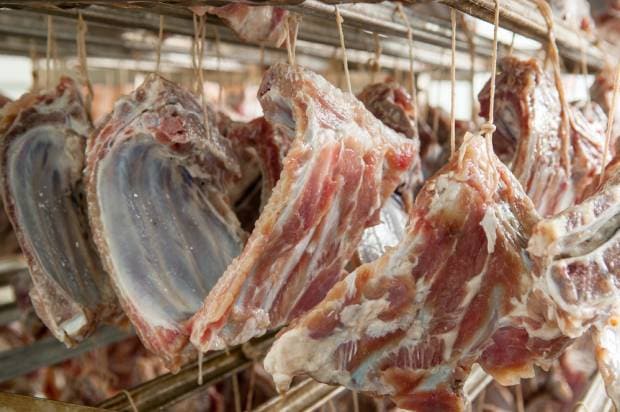
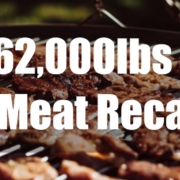

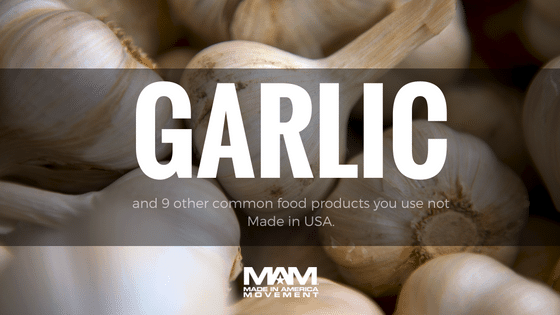

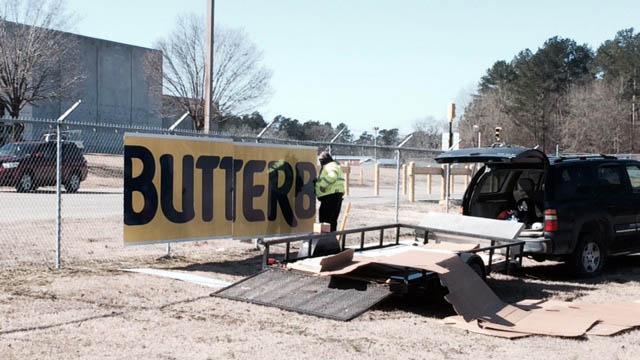
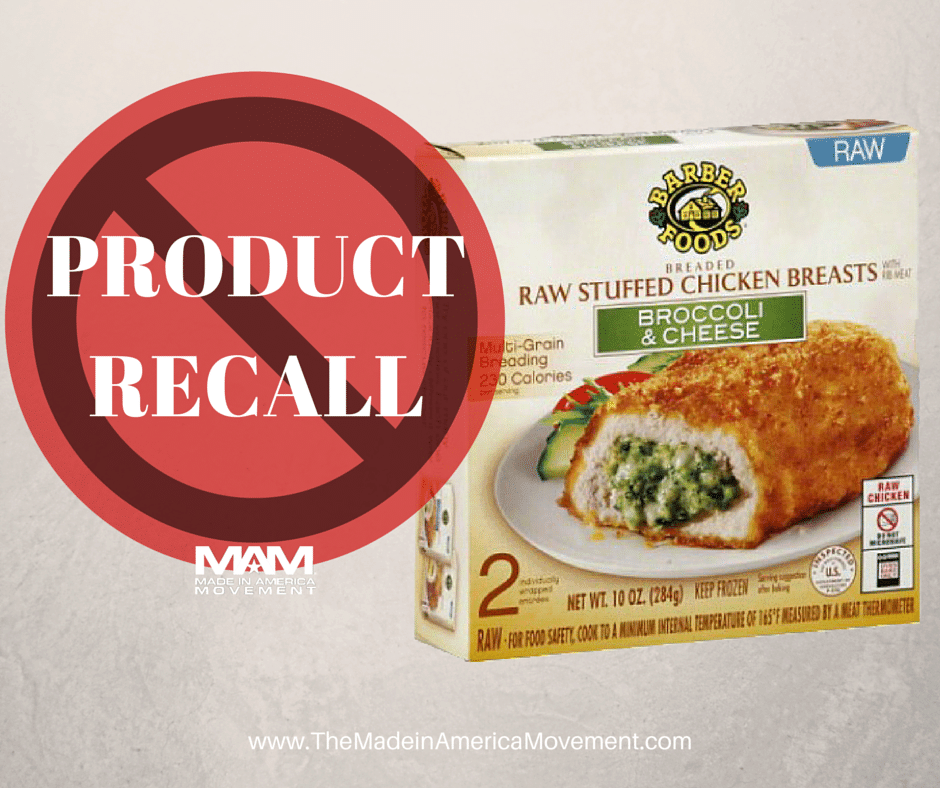


You are right, people do care what is in their food
Talk about the fox guarding the henhouse.
We're screwed! Taking pork out of my diet#
a whistle blower (meat inspector) said we will be eating shit
Buy local.